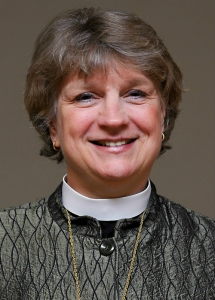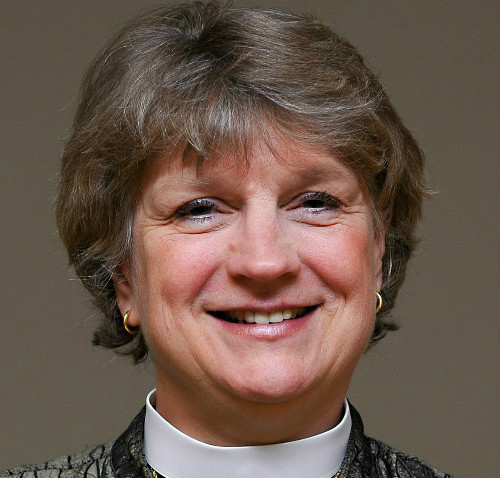 By Bishop Ann Svennungsen
By Bishop Ann Svennungsen
In all my readings about being a “non-anxious leader” (ala Peter Steinke and Ed Friedman), I don’t recall any reference to anxiety as “unanticipated grief.” But that’s one description used by David Kessler, co-author with Elisabeth Kübler-Ross of On Grief and Grieving. “Unhealthy anticipatory grief is really anxiety,” he notes in a recent interview in Harvard Business Review.
And, grief in its many forms is what we’re experiencing in the face of COVID-19:
We feel the world has changed, and it has. We … realize things will be different. … The loss of normalcy; the fear of economic toll; the loss of connection. This is hitting us and we’re grieving. We’re also feeling anticipatory grief. Anticipatory grief is that feeling we get about what the future holds when we’re uncertain. … Unhealthy anticipatory grief is really anxiety. … Our mind begins to show us images. … We see the worst scenarios.
“I encourage us all to ask if pastors and deacons have someone to talk with about their own anxiety and grief.”
I’ve returned to Psalms for my devotional readings during this season, finding permission there to cry out my deepest losses and greatest fears before God.
Walter Brueggemann writes that the “Psalter is a collection … of the eloquent, passionate songs and prayers of people who are the desperate edge of their lives” (Praying the Psalms: Engaging Scripture and the Life of the Spirit). No censure is needed.
WHAT ARE YOUR DEEPEST losses and great fears amid this pandemic?
- Do you have a loved one who’s died from Covid-19, someone who’s currently ill, or someone who’s highly vulnerable if they do become sick?
- Do you have a loved one who risks exposure every day in a hospital; goes to busy, people-filled factories because they’re in an “essential industry”; or makes decisions as a civic leader effecting countless lives?
- Are you exhausted from trying to learn and do your job from home? (I am especially mindful of all who work full-time jobs while also caring for children who are home from school. Please say a special prayer for them today).
As our pastors and deacons and church staff work to minister to members and neighborhoods carrying their particular anxiety and grief, I encourage us all to care for those church leaders – and to ask if they also have someone (a mentor, wise friend, spiritual director, therapist, clergy coach) to talk with about their own anxiety and grief.
“Grief in its many forms is what we’re experiencing in the face of COVID-19.”
The work of articulating our concerns – in prayer and in conversation with others – is vital to our serenity and hopefulness in this time.
Again, in Brueggemann’s words:
“The work of prayer is to bring … two realities together – the boldness of the Psalms and the extremity of our experience. … [It is to use] language to give the extremities their full due and to force new awareness and new configurations by the boldness of our speech. All this is to submit to the Holy One in order that we may be addressed by a Word that outdistances all our speech.”


